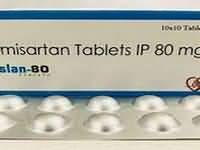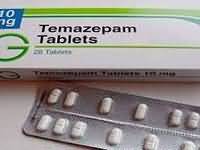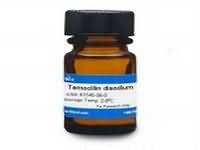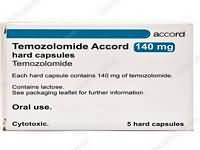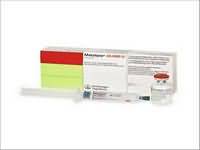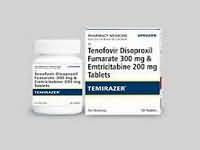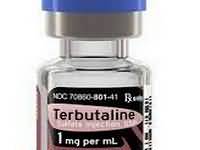raltitrexed

CLINICAL USE
Treatment of colorectal cancer when fluorouracil and folinic acid cannot be usedDOSE IN NORMAL RENAL FUNCTION
3 mg/m2 every 3 weeksPHARMACOKINETICS
DOSE IN RENAL IMPAIRMENT
GFR (mL/MIN)
55–65 Use 75% of the dose (2.25 mg/m2) every 4 weeks25–54 Use 50% of the dose (1.5 mg/m2) every 4 weeks<25 Avoid. See ‘Other Information’DOSE IN PATIENTS UNDERGOING RENAL REPLACEMENT THERAPIES
IMPORTANT DRUG INTERACTIONS
Potentially hazardous interactions with other drugsFolic and folinic acid: impairs cytotoxic actionADMINISTRATION
Reconstition
4 mL water for injectionRoute
IV infusion
Rate of Administration
Over 15 minutesComments
Dilute in 50–250 ml sodium chloride 0.9% or glucose 5%Stable for 24 hours at 2–8°COTHER INFORMATION
Doses above 3 mg/m 2 have an increased incidence of life-threatening/fatal toxicityIncreased risk of treatment-related toxicity if CrCl<65 mL/minAnecdotal reports of using 30–40% of the dose every 4 weeks in patients with severe renal impairment and closely monitoring haematological parameters. Risk of severe and prolonged side effects – use if risk of not treating the patient outweighs the risk of adverse effectsNot metabolised. 40–50% is excreted unchanged in the urine and 15% of dose is excreted in the faeces over a 10-day period. Active tubular secretion may contribute to the renal excretion.
See how to identify renal failure stages according to GFR calculation
See how to diagnose irreversible renal disease
Home
